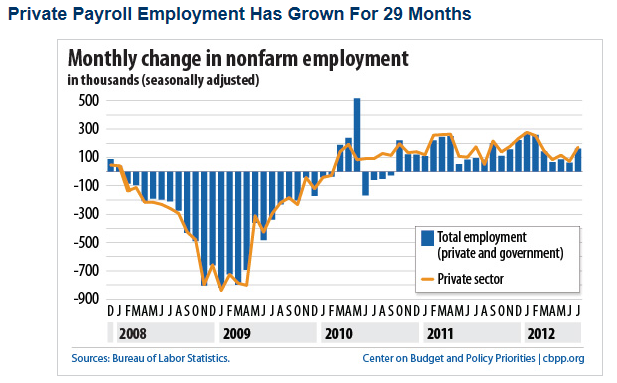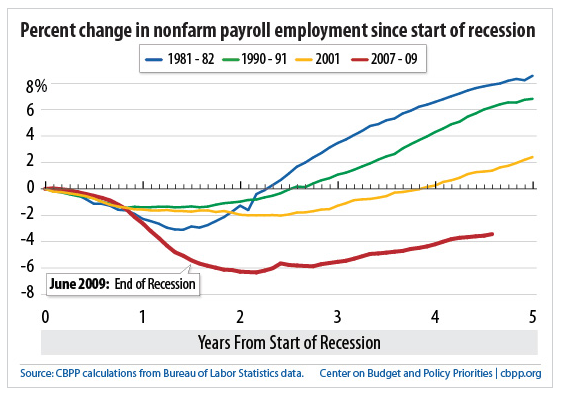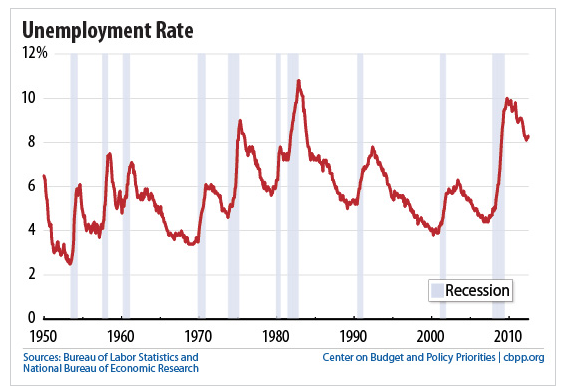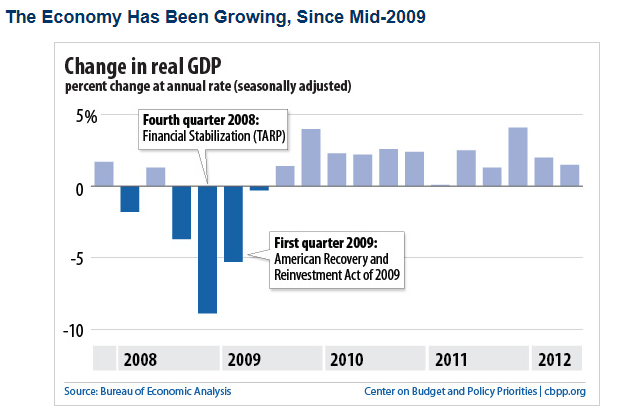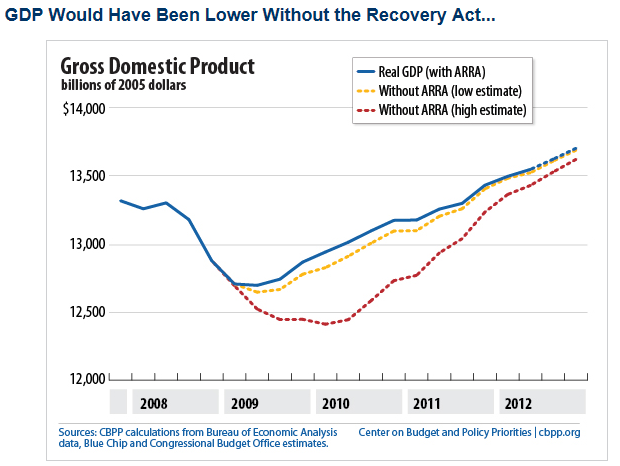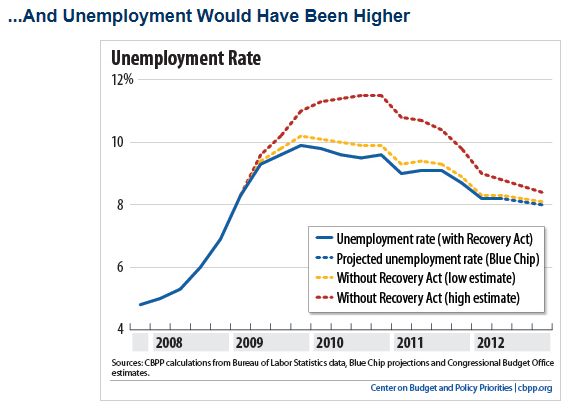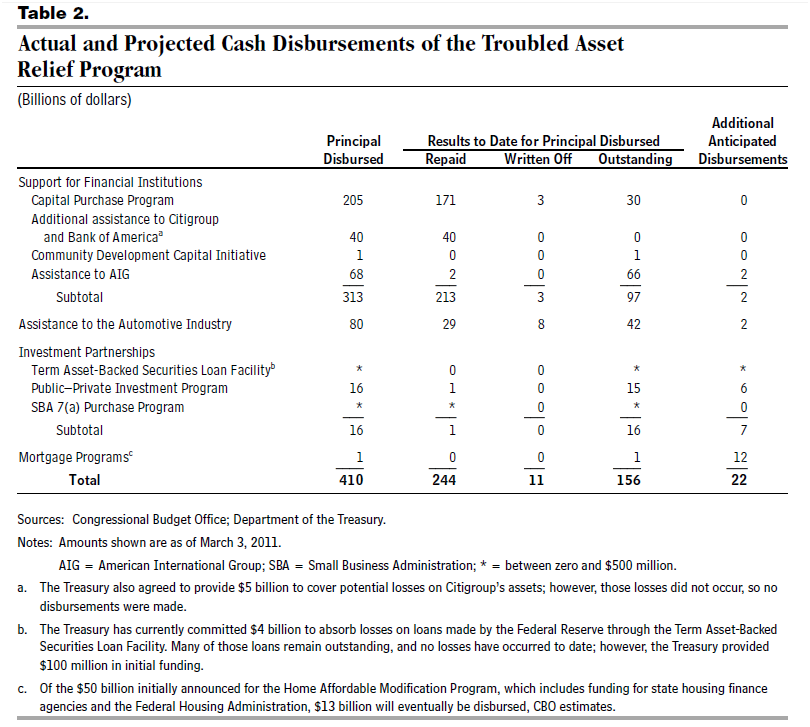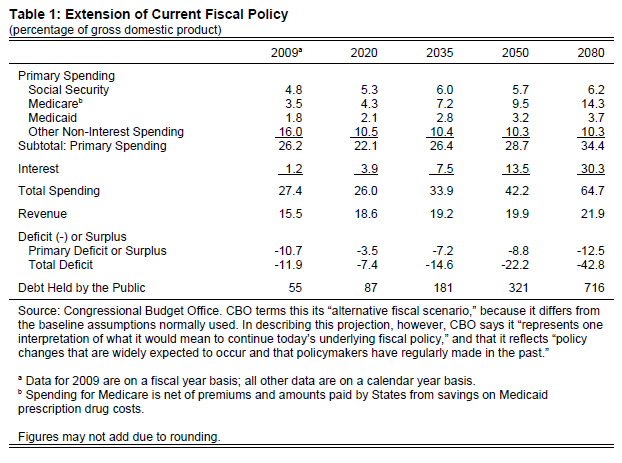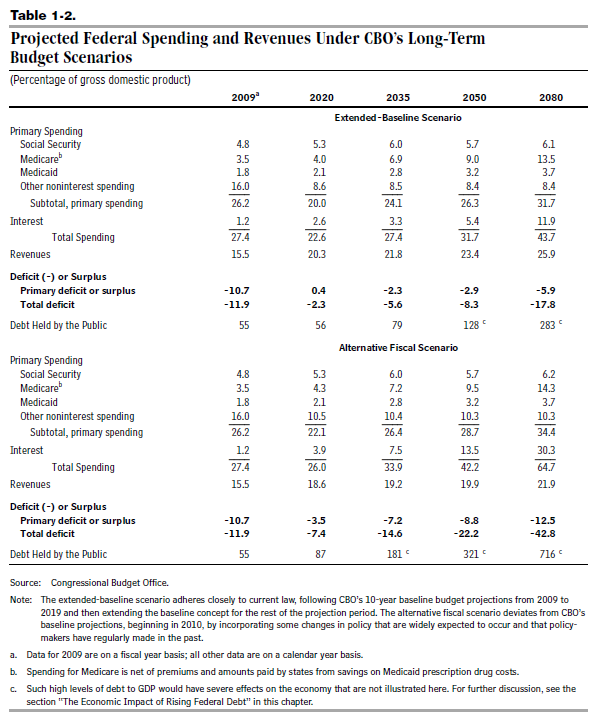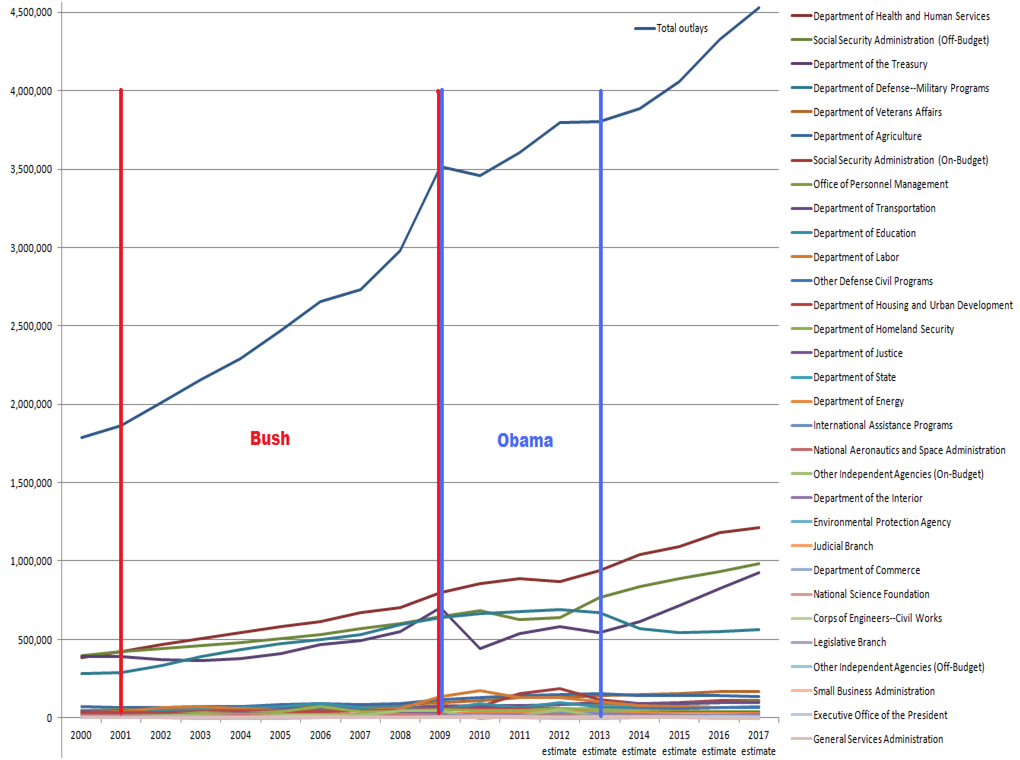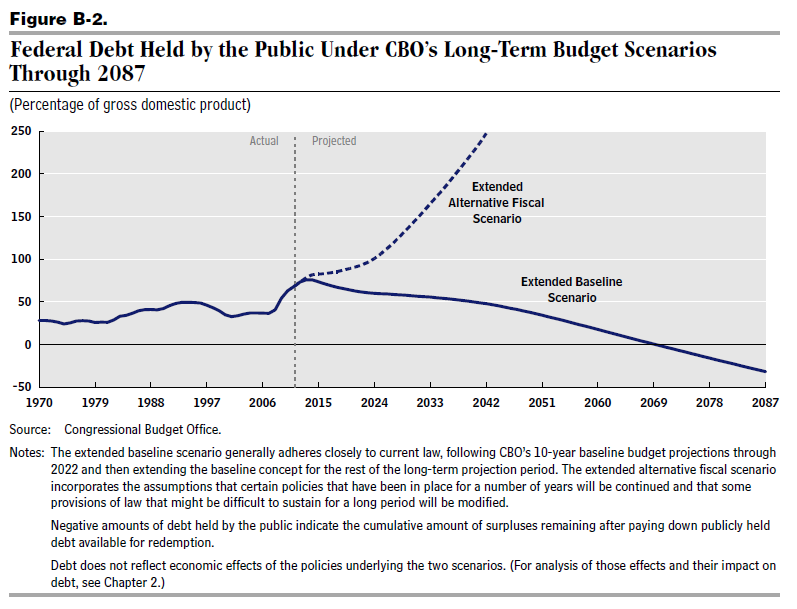In this essay, Lorenzo states:
“All of which has made it easier, alas, for one of Marx’s more profound errors to become part of many people’s common wisdom. An idea set out in the first chapter of Das Kapital:”
He goes on to quote Marx from Das Kapital:
“…[commodities of equal value] must, as exchange values, be replaceable by each other, or equal to each other. Therefore, first: the valid exchange values of a given commodity express something equal; secondly, exchange value, generally, is only the mode of expression, the phenomenal form, of something contained in it, yet distinguishable from it.” (Chapter 1, Section 1)
After quoting Das Kapital Lorenzo, goes on to state:
“The notion that exchange is a matter of matching equivalences keeps turning up in the writings of anthropologists on money. It is a deeply wrong-headed way to look at exchange.” (Chapter 1, Section 1)
If this is the “The insidious reach of error” then Marx would agree. Lorenzo should take a closer look at the text. Let’s take a closer look at the actual text from Section 1 of Das Kapital. Das Kapital begins with this:
“The wealth of those societies in which the capitalist mode of production prevails, presents itself as “an immense accumulation of commodities,”[1] its unit being a single commodity. Our investigation must therefore begin with the analysis of a commodity.
A commodity is, in the first place, an object outside us, a thing that by its properties satisfies human wants of some sort or another. The nature of such wants, whether, for instance, they spring from the stomach or from fancy, makes no difference.[2] Neither are we here concerned to know how the object satisfies these wants, whether directly as means of subsistence, or indirectly as means of production. ” (Chapter 1, Section 1)
Marx begins with an analysis of the ‘commodity’. He wants to think what is a commodity? What is a commodities value? The title of Chapter 1, Section 1 in Das Kapital is “THE TWO FACTORS OF A COMMODITY: USE-VALUE AND VALUE (THE SUBSTANCE OF VALUE AND THE MAGNITUDE OF VALUE)”. He starts out with a discussion of the utility of the thing [commodity] as its use value. He goes on to state, “Use values become a reality only by use or consumption: they also constitute the substance of all wealth, whatever may be the social form of that wealth. In the form of society we are about to consider, they are, in addition, the material depositories of exchange value”. Therefore in the “form of society we are about to consider” [i.e., capitalism] the use value is the “material depositories of exchange value”. He is not stating that HE thinks commodities, as exchange values, are replaceable by each other, are equal to each other, but that this is how capitalism treats commodities. To the contrary, he is going to criticize this perception as Lorenzo also wants to do.
Marx goes on to state before the next paragraph that Lorenzo quotes:
“Exchange value, at first sight, presents itself as a quantitative relation, as the proportion in which values in use of one sort are exchanged for those of another sort,[6] a relation constantly changing with time and place. Hence exchange value appears to be something accidental and purely relative, and consequently an intrinsic value, i.e., an exchange value that is inseparably connected with, inherent in commodities, seems a contradiction in terms.[7] Let us consider the matter a little more closely.” (Chapter 1, Section 1)
So, at first sight, exchange value is a quantitative relation and as such APPEARS to be something accidental and purely relative. In exchange value, commodities are thought as “a quarter of wheat is exchanged for x blacking, y silk, or z gold, &c. – in short, for other commodities in the most different proportions”. The exchange value thought in terms of quantity is taken as an intrinsic property of the commodity. Marx states that this “seems a contradiction in terms”. He goes on to state, “In the same way the exchange values of commodities must be capable of being expressed in terms of something common to them all, of which thing they represent a greater or less quantity”. The “something common to them all” “cannot be either a geometrical, a chemical, or any other natural property of commodities. Such properties claim our attention only in so far as they affect the utility of those commodities, make them use values. But the exchange of commodities is evidently an act characterised by a total abstraction from use value. Then one use value is just as good as another, provided only it be present in sufficient quantity”. Marx is suggesting that the equality of commodities in exchange value is a “total abstraction”. Marx further states, “As use values, commodities are, above all, of different qualities, but as exchange values they are merely different quantities, and consequently do not contain an atom of use value”. Marx thinks that the equality thought in terms of exchange value leaves out something very important about commodities – the labor value. Marx states:
“If then we leave out of consideration the use value of commodities, they have only one common property left, that of being products of labour. But even the product of labour itself has undergone a change in our hands. If we make abstraction from its use value, we make abstraction at the same time from the material elements and shapes that make the product a use value; we see in it no longer a table, a house, yarn, or any other useful thing. Its existence as a material thing is put out of sight. Neither can it any longer be regarded as the product of the labour of the joiner, the mason, the spinner, or of any other definite kind of productive labour. Along with the useful qualities of the products themselves, we put out of sight both the useful character of the various kinds of labour embodied in them, and the concrete forms of that labour; there is nothing left but what is common to them all; all are reduced to one and the same sort of labour, human labour in the abstract.” (Chapter 1, Section 1)
Marx is criticizing the reduction, the abstraction, of value as purely and merely quantitative. He wants to claim that the value of a commodity is more than an ‘equality’, a number, a proportion. He wants to say that the labor that goes into making a commodity is not merely an abstraction but a real, concrete value of the commodity. Therefore, the question of the value of a commodity is not merely a question of the exchange of quantities but gets to what Lorenzo want to ask about money, where do we derive a sense of the value of money?
In Chapter 1, Section 3 (The Equivalent form of value) Marx states, “The body of the commodity that serves as the equivalent, figures as the materialisation of human labour in the abstract, and is at the same time the product of some specifically useful concrete labour. This concrete labour becomes, therefore, the medium for expressing abstract human labour”. Here again Marx wants to show how concrete labor gets articulated into abstraction when thought in terms of equivocation. It is interesting to note that Adam Smith also subscribed to the classical labor theory of value (see Wealth of Nations Book 1, chapter V). The labor theory of value can also be found in Aristotle’s Politics. Moreover, Plato has much discussion of techne [crudely technique or skill] as what, in effect, distinguishes human being and transforms the very being and origin of matter into created rather than natural beings [for an excellent discussion of techne and Aristotle see Heidegger and Aristotle The Twofoldness of Being, Walter A. Brogan, link].
Lorenzo takes this quote by Marx:
“The utility of a thing makes it a use value. But this utility is not a thing of air. Being limited by the physical properties of the commodity, it has no existence apart from that commodity.” (Chapter 1, Section 1)
and states:
“This is wrong, for utility is utility to someone. So, the utility of a thing does have existence apart from that commodity, it exists in the relation of the thing to the purposes of anyone who has a use for it.”
Marx is not suggesting that utility exists only in the commodity and not in relation to someone. Marx’s theory of use value means that a coat may not have the same value in a tropical country as in a colder climate (“Lastly nothing can have value, without being an object of utility. If the thing is useless, so is the labour contained in it; the labour does not count as labour, and therefore creates no value” quoted below). Marx states there are cases where a thing with use value may not have value such as air and soil. He also states that a thing can have use value but not be a commodity if a person directly satisfies his wants with the produce of his own labor. In order for a thing with use value to be a commodity, Marx states that a commodity must have “use values for others, social use values”. When Lorenzo states that Marx “is wrong” and that “utility is utility for someone” he directly contradicts what Marx states below concerning use value as “use values for others, social use values”:
“A thing can be a use value, without having value. This is the case whenever its utility to man is not due to labour. Such are air, virgin soil, natural meadows, &c. A thing can be useful, and the product of human labour, without being a commodity. Whoever directly satisfies his wants with the produce of his own labour, creates, indeed, use values, but not commodities. In order to produce the latter, he must not only produce use values, but use values for others, social use values. (And not only for others, without more. The mediaeval peasant produced quit-rent-corn for his feudal lord and tithe-corn for his parson. But neither the quit-rent-corn nor the tithe-corn became commodities by reason of the fact that they had been produced for others. To become a commodity a product must be transferred to another, whom it will serve as a use value, by means of an exchange.)[12] Lastly nothing can have value, without being an object of utility. If the thing is useless, so is the labour contained in it; the labour does not count as labour, and therefore creates no value. “(Chapter 1, Section 1)
Additionally, Marx clearly states that there are things that have use value that are not commodities. If they have use value for others, the product of labor gives the commodity value.
After getting Marx wrong on utility and exchange he goes on to get Marx wrong on the value of labor. Lorenzo states:
“Having got utility and equivalence wrong, Marx then moves on to the third false claim:”
He then quotes Marx as stating:
“if then we leave out of consideration the use value of commodities, they have only one common property left, that of being products of labour.” (Chapter 1, Section 1)
After quoting Marx Lorenzo states:
“Which is also not true. Commodities also have the qualities of being made of materials (what economists call ‘land’) and by tools (what economists call ‘capital’); labour on its own produces little or nothing.
Even more basically, to be exchanged, such things have to be controlled by someone. Locke’s metaphor that a person in the state of nature acquires something by “mixing his labour” with it is misleading: what they do is take control of it (and, more importantly, that control is acknowledged by others). Any contribution of labour to exchange—whether in production or the realisation of value in exchange—is framed by such control: as is also true of land and capital. Moreover, the control has to matter: the thing has to have sufficient scarcity and be sufficiently wanted by someone for such control to matter. We can control a twig, but who cares? (Acknowledged) control, scarcity and wanting are the bases of exchange.”
Yet, from the previous quote of Marx, we see that things can have use value that are not the product of labor as when the “case whenever its utility to man is not due to labour. Such are air, virgin soil, natural meadows”. Marx is not suggesting that land cannot be bought and sold, he is simply stating that natural elements can have use value without being commodities. As far as I know air is not being sold yet. Lorenzo states commodities have to be “controlled by someone”. Does this contradict Marx when Marx writes, “To become a commodity a product must be transferred to another, whom it will serve as a use value, by means of an exchange”? I am not sure what Lorenzo’s point is about ‘tools’ since tools are most often the product of labor.
It is astonishing that on virtually every point Lorenzo gets it wrong in direct contradiction to what Marx writes in the exact text that Lorenzo quotes. However, to be clear, apart from getting Marx wrong, I think I agree with some of his latter, main points. I like the way Lorenzo distinguishes between equivalence and intersection. Lorenzo states:
“The search for a “common property” in things exchanged is completely wrong-headed, because exchange is a matter of intersecting differences, not matching equivalences.”
Certainly we can see cases where labor does and should add to the value of a commodity. However, if a fine coat shop opens up in the Caribbean it would be no surprise to Marx that the labor value in the coats would not be worth much as previously stated. Yes, the value of a commodity will change with demand. I am fully aware that Marx wants to make the labor value of a commodity more solid, a “common property”, than the ‘abstraction’ of exchange values. I think Marx does want to erect a protectionist strategy for the laborer by encapsulating the value of labor in the commodity. However, the encapsulation is not an either/or scenario and does work within bounds and limitations as I have pointed out. In any case I think Lorenzo wants to make a more substantial break with value as residing in a commodity. In this sense I take Lorenzo’s point about “intersecting differences”.
I think it is important to have some understanding of Hegel to really make sense of Marx. Dialectical materialism, a phrase coined after Marx, was the science that “put Hegel’s dialectics back on its feet”. Dialecticism was Hegel’s method of thesis, antithesis and synthesis (aufhebung conserves the thesis and the antithesis and transcends them both). Marx thought that the idealism of Hegel got it wrong with its movement toward Spirit, the concretization of Truth in pure logic, in Hegel’s master work, The Science of Logic (Wissenschaft der Logik). Marx employed the dialectics of Hegel but in service of the history of class struggle. The ‘Spiritalization’ of Hegel was the domain of the bourgeoisie. It was a fairy tale the bourgeois told themselves while basking themselves in the materials of other’s labor. The bourgeois abstract away from the material and also devalue the products of laborers (in the material form of unfair or low wages or even slavery). They reshape societal values after their own abstract values of God, Truth, eternity and spiritualization at the expense of the working class. They make value a product of their abstract fetish and not a product of labor. The concretization of Truth does not happen in thought but in objective matter according to Marx. However, this concretization is not as simple as Lorenzo would have us believe. A noted Marxist scholar puts it this way [I apologize for the long quote]:
“Marx defines the concrete as ‘the unity of diverse aspects. [Marx, Contribution to the Critique of Political Economy] This definition may appear paradoxical from the standpoint of traditional formal logic: the reduction of the sensually given diversity to unity appears at first sight to be the task of abstract knowledge of things rather than of concrete one. From the point of view of this logic, to realise unity in the sensually perceived diversity of phenomena means to reveal the abstractly general, identical elements that all of these phenomena possess. This abstract unity, recorded in consciousness by means of a general term, appears at first sight to be that very ‘unity’ which is the only thing to be treated in logic.
…
When Marx defines the concrete as unity of diverse aspects, he assumes a dialectical interpretation of unity, diversity, and of their relationship. In dialectics, unity is interpreted first and foremost as connection, as interconnection and interaction of different phenomena within a certain system or agglomeration, and not as abstract likeness of these phenomena. Marx’s definition assumes exactly this dialectical meaning of the term ‘unity’.
…
This conception of unity in diversity (or concreteness) is not merely different from the one which old logic proceeded from, but is its direct opposite. The conception approaches that of the concept of integrity or wholeness. Marx uses this term in those cases when he has to characterise the object as an integral whole unified in all its diverse manifestations, as an organic system of mutually conditioning phenomena in contradiction to a metaphysical conception of it as a mechanical agglomeration of immutable constituent parts that are linked with each other only externally, more or less accidentally.
The most important aspect of Marx’s definition of the concrete is that the concrete is treated first of all as an objective characteristic of a thing considered quite independently from any evolutions that may take place in the cognising subject. The object is concrete by and in itself, independent from its being conceived by thought or perceived by sense organs. Concreteness is not created in the process of reflection of the object by the subject either at the sensual stage of reflection or at the rational-logical one.
In other words, ‘the concrete’ is first of all the same kind of objective category as any other category of materialist dialectics, as ‘the necessary’ and ‘the accidental’, ‘essence, and ‘appearance’. It expresses a universal form of development of nature, society, and thinking. In the system of Marx’s views, ‘the concrete’ is by no means a synonym for the sensually given, immediately contemplated.
Insofar as ‘the concrete’ is opposed to ‘the abstract’ the latter is treated by Marx first and foremost objectively. For Marx, it is by no means a synonym of the ‘purely ideal’, of a product of mental activity, a synonym of the subjectively psychological phenomenon occurring in man’s brain only. Time and again Marx uses this term to characterise real phenomena and relations existing outside consciousness, irrespective of whether they are reflected in consciousness or not.
For instance, Marx speaks in Capital of abstract labour. Abstractness appears here as an objective characteristic of the form which human labour assumes in developed commodity production, in capitalist production. Elsewhere he stresses that the reduction of different kinds of labour to uniform simple labour devoid of any distinctions ‘is an abstraction which is made every day in the social process of production’. It is ‘no less real (an abstraction) than the resolution of all organic bodies into air’. [Marx, Contribution to the Critique of Political Economy]
The definition of gold as material being of abstract wealth also expresses its specific function in the organism of the capitalist formation and not in the consciousness of the theoretician or practical worker, by any means.
This use of the term ‘abstract’ is not a terminological whim of Marx’s at all: it is linked with the very essence of his logical views, with the dialectical interpretation of the relation of forms of thinking and those of objective reality, with the view of practice (sensual activity involving objects) as a criterion of the truth of the abstractions of thought.
Still less can this usage be explained as ‘a throwback to Hegelianism’: it is against Hegel that Marx’s proposition is directed to the effect that ‘the simplest economic category, e.g., exchange value … cannot exist except as an abstract, unilateral relation of an already existing concrete organic whole ‘. [ibid.]
‘The abstract’ in this kind of context, very frequent in Marx, assumes the meaning of the ‘simple’, undeveloped, one-sided, fragmentary, ‘pure’ (i.e., uncomplicated) by any deforming influences). It goes without saying that ‘the abstract’ in this sense can be an objective characteristic of real phenomena, and not only of phenomena of consciousness.
‘It is precisely the predominance of agricultural peoples in the ancient world which caused the merchant nations – Phoenicians, Carthaginians – to develop in such purity (abstract precision)’ [ibid.]; it was not, of course, the result of predominance of the ‘abstractive power of thought’ of Phoenicians or the scholars writing the history of Phoenicia. ‘The abstract’ in this sense is by no means the product and result of thinking. This fact is just as little dependent on thinking as the circumstance that ‘the abstract law of multiplying exists only for plants and animals’.
According to Marx, ‘the abstract’ (just as its counterpart, ‘the concrete’) is a category of dialectics as the science of universal forms of development of nature, society and thought, and on this basis also a category of logic, for dialectics is also the Logic of Marxism.
This objective interpretation of the category of the abstract is spearheaded against all kinds of neo-Kantian logic and epistemology which oppose, in a crudely metaphysical way, ‘pure forms of thought’ to forms of objective reality. For these schools in logic, ‘the abstract’ is only a form of thought, whereas ‘the concrete’, a form of a sensually given image. This interpretation, in the Mill-Humean and Kantian traditions in logic (e.g., Chelpanov and Vvedensky in Russia), is alien and hostile to the very essence of dialectics as logic and theory of knowledge.
The narrow epistemological (that is, essentially psychological, in the final analysis) interpretation of the categories of the abstract and the concrete became firmly rooted in modern bourgeois philosophy. Here is a fresh example – definitions from the Philosophical Dictionary by Max Apel and Peter Ludz [Berlin 1958]:
‘abstract: divorced from a given connection and considered by itself only. Thus abstract acquires the meaning of conceptual, conceived, in opposition to given in contemplation.
‘abstraction: the logical process for ascending, through omission of features, from that given in contemplation to a general notion and from the given concept to a more general one. Abstraction decreases the content and extends the volume. Opposed to determination.
‘concrete: the immediately given in contemplation; concrete concepts denote that which is contemplated, individual objects of contemplation. Opposed to abstract.’
This one-sided definition (abstraction is, of course, mental separation, among other things, but it is by no means reducible to it) varies but insignificantly from dictionary to dictionary. It has been polished in dozens of editions and has become generally accepted among philosophers in capitalist countries. That is certainly no proof of its correctness.
A ‘concrete concept’ is reduced by these definitions to ‘designating’ the sensually contemplated individual things, to a mere sign, or symbol. In other words, ‘the concrete’ is only nominally present in thought, only in the capacity of the ‘designating name’. On the other hand, .’the concrete’ is made into a synonym of uninterpreted, indefinite ‘sensual givenness’. Neither the concrete nor the abstract can, according to these definitions, be used as characteristics of theoretical knowledge in regard of its real objective content. They characterise only the ‘form of cognition’: ‘the concrete’, the form of sensual cognition, and ‘the abstract’, the form of thought, the form of rational cognition. In other words, they belong to different spheres of the psyche, to different objects. There is nothing abstract where there is something concrete, and vice versa. That is all there is to these definitions.
The problem of the relation of the abstract to the concrete appears in quite a different light from Marx’s point of view, the point of view of dialectics as logic and theory of knowledge.
It is only at first sight that this question might seem a), merely ‘epistemological’ one, a question of the relation of’, a mental abstraction to the sensually perceived image. In; actual fact its real content is much wider and deeper than.’ that, and it is inevitably supplanted by quite a different problem in the course of analysis – the problem of the relation of the object to itself, that is, relationship between different elements within a certain concrete whole. That is why the problem is solved, first and foremost, within the framework of objective dialectics – the teaching of the universal forms and laws of development of nature, society and thought itself, and not on the narrow epistemological plane, as neo-Kantians and positivists do.
Insofar as Marx treats the epistemological aspect of the problem, he interprets the abstract as any one-sided, incomplete, lopsided reflection of the object in consciousness, as opposed to concrete knowledge which is well developed, all-round, comprehensive knowledge. It does not matter at all in what subjective psychological form this knowledge is ‘experienced’ by the subject – in sensually perceived images or in abstract verbal form. The logic (dialectics) of Marx and Lenin establishes its distinctions in regard of the objective sense and meaning of knowledge rather than in regard of the subjective form of experience. Poor, meagre, lopsided knowledge may be assimilated in the form of a sensual image. In this case, logic will have to define it as ‘abstract’ knowledge, despite its being embodied in a sensually given image. Contrariwise, abstract verbal form, the language of formulas, may express rich, well-developed, profound and comprehensive knowledge, that is, concrete knowledge.
‘Concreteness’ is neither a synonym for nor a privilege of the sensual-image form of reflection of reality in consciousness, just as ‘abstractness’ is not a specific characteristic of rational theoretical knowledge. Certainly we speak, as often as not, of the concreteness of a sensual image and of abstract thought.
A sensual image, an image of contemplation, may just as often be very abstract, too. Suffice it to remember a geometric figure or a work of abstract painting. And vice versa, thinking in concepts may and even must be concrete in the full and strict meaning of the word. We know that there is no abstract truth, that truth is always concrete. And that does not mean at all that only the sensually perceived image, the contemplation of an individual thing may be true.
The concrete in thinking also appears, according to Marx’s definition, in the form of combination (synthesis) of numerous definitions. A logically coherent system of definitions is precisely that ‘natural’ form in which concrete truth is realised in thought. Each of the definitions forming part of the system naturally reflects only a part, a fragment, an element, an aspect of the concrete reality – and that is why it is abstract if taken by itself, separately from other definitions. In other words, the concrete is realised in thinking through the abstract, through its own opposite, and it is impossible without it. But that is, in general, the rule rather than an exception in dialectics. Necessity is in just the same kind of relation with chance, essence with appearance, and so on.
On the other hand, each of the numerous definitions forming part of the conceptual system of a concrete science, loses its abstract character in it, being filled with the sense and meaning of all the other definitions connected with it. Separate abstract definitions mutually complement each other, so that the abstractness of each of them, taken separately, is overcome. In short, herein lies the dialectics of the relation of the abstract to the concrete in thinking which reflects the concrete in reality. The dialectics of the abstract and the concrete in the course of theoretical processing of the material of living contemplation, in processing the results of contemplation and notions in terms of concepts is the subject-matter of study in the present work.
Of course, we cannot claim to offer an exhaustive solution to the problem of the abstract and the concrete at all the stages of the process of cognition in general, in all forms of reflection. The formation of the sensually perceived image of a thing involves its own dialectics of the abstract and the concrete, and a very complicated one, and that is even more true of the formation of the notion connected with speech, with words. Memory, which also plays an enormous role in cognition, contains in its structure a no less complex relation of the abstract to the concrete. These categories also have a bearing on artistic creativity. We are compelled to leave all of these aspects out of consideration, as subject-matter of a special study.
The path of cognition loading from living contemplation to abstract thought and from it to practice, is a very complicated path. A complex and dialectically contradictory transformation of the concrete into the abstract and vice versa takes place in each link of this path. Even sensation gives a rougher picture of reality than it actually is, even in direct perception there is an element of transition from the concrete in reality to the abstract in consciousness. The transition from living contemplation to abstract thought is by no means the same thing as the movement ‘from the concrete to the abstract’. It is by no means reducible to this moment, although the latter is always present in it. It is the same thing only for those who interpret the concrete as a synonym of an immediate sensual image, and the abstract, as a synonym of the mental, the ideal, the conceptual.” (Ilyenkov, The dialectics of the Abstract & the Concrete in Marx’s Capital, Chapter One – Dialectical & Metaphysical Conception of the Concrete, The Definition of the Concrete in Marx, link)
There is some common ground with “the unity of diverse aspects” and Lorenzo’s “points of intersection, not points of equivalence”. To reiterate, Marx thought of “points of equivalence” “against Hegel that Marx’s proposition is directed to the effect that ‘the simplest economic category, e.g., exchange value … cannot exist except as an abstract, unilateral relation of an already existing concrete organic whole”. The “concrete organic whole” for Marx is the physical product of labor.
What I hope has become evident in this pitting of Lorenzo and Marx is the leap that I think Lorenzo would make (which I think has some better articulated similarities with some Postmodernists) that is a leap away from the consolidation of value in labor, in the material commodity, and an absolute break in the notion of any kind of unity in the commodity or even perhaps (?) the isolation of the commodity as a thing ‘in the market’ of exchange. I would be interested in how far he would like to take this in more detail. However, there is one danger I would flag along this way, we should pay attention to: At what point does this non sequitur, this undecipherable point of intersection (in terms of intrinsic value and market/labor causality), become a abstract rationalization for the impoverishment of the laborer (yet again)? This epistemological move would constitute the mystification in service of the bourgeois that Marx criticizes in the equivalence and free floating form of exchange. Personally, I am not decided as I think I could assist putting even more flesh to the bones that Lorenzo wants to articulate in light of contemporary philosophy. However, that would be another book. In general, I think I like many of Lorenzo’s directions but I think he has taken some lumps where a better defense and point of attack could be made for his positions. I would hope that this essay has been an attempt of one case and point of this.
I think the best Marx can do for us at this juncture in history is to provoke our sense of integrity. Should we have any values to preserve or protect the laborer or the middle class? Is lassie faire sufficient? By extension, should we have any concern for those with immediate and vital human needs and if so, at what point should we be concerned? Is the environment worthy of regulatory concern? More generally what constitutes ‘regulatory’ and what are its legitimate bounds? [Note 1] These more direct concerns still circulate around the issues Marx articulates and the potential for the oblivion of the free market to fairness (justice in the Greek sense). Is ‘fairness’ a concept we should even think together with the free market or is the free market just another name for the war of all against all, in a ‘social contract’ sense at best, and an inevitable, perpetual revolution at worst? Is the materiality of the commodity the locus of value or is value a random and ultimately disconnected concept [free floating and prone to manipulation]? These are all questions Marx and other philosophers have raised in quite intricate and thoughtful detail. We can content ourselves with platitudes about these thinkers or let the force of the original questions they posed shake our foundations.
[Note 1] For example, is The Bill of Rights a regulatory document par excellence (i.e., religion, speech, press, assembly, right to bear arms, petition, quartering of troops, search and seizure, grand jury, double jeopardy, self-incrimination, due process, jury trial (criminal and civil), right to confront and to counsel, excess bail or fines, cruel and unusual punishment, non-enumerated rights, rights reserved to states)? Do rights also effectively regulate? If so, are these the only allowable regulations? Why, especially considering the Ninth Amendment [non-enumerated rights]?
